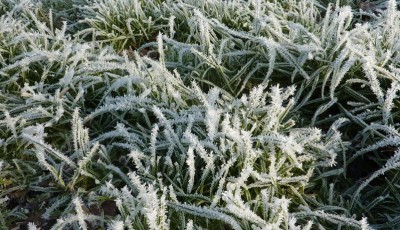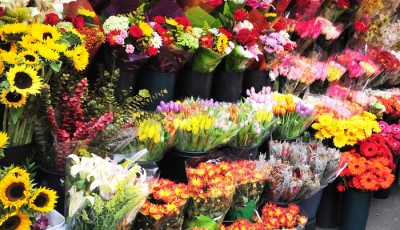The 5 Habits of Successful Gardeners
Successful gardening comes as a result of commitment, knowledge, and experience. Gardening is not as easy as it seems, so adopting previous knowledge on the matter and forming some useful habits could be a good step on this green road. To make your garden as productive as possible, take the time to learn about the soil and plants, do the research and ask for tips. Also, make time for a daily visit to the garden, whether to inspect, or just to take a walk. Create an everyday routine of being present in your soon to be a thriving garden.
Plant what you love
Think of what is it that you would gladly grow in your garden and plant it. Plant only the veggies that you admire and will use after the harvest, whether to eat, share or sell. Anything other than that can be a waste of garden as well as a waste of your time. For that reason, it is better to start small with two or three vegetables just to see how it works. Once you cover the basics, move on to the other plants you wish to grow.
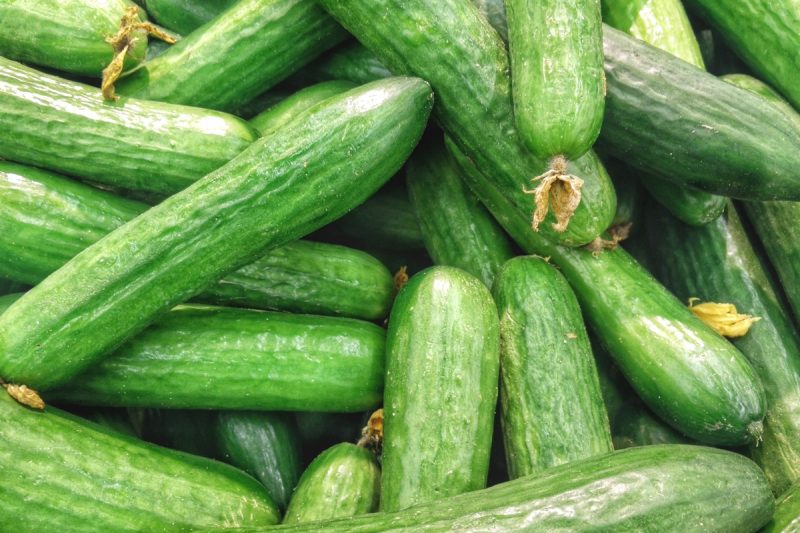
Plant in beds
Keeping the plants in raised beds is useful in so many ways. For example, planting in beds keeps the garden more organized and neat while at the same time it provides the perfect protection from weeds. Beds are also handy when it comes to water conservation while they allow fertilizer to concentrate on the right spots in the soil. Not to mention that soil structure in beds is improved year after year with new layers of organic matter.
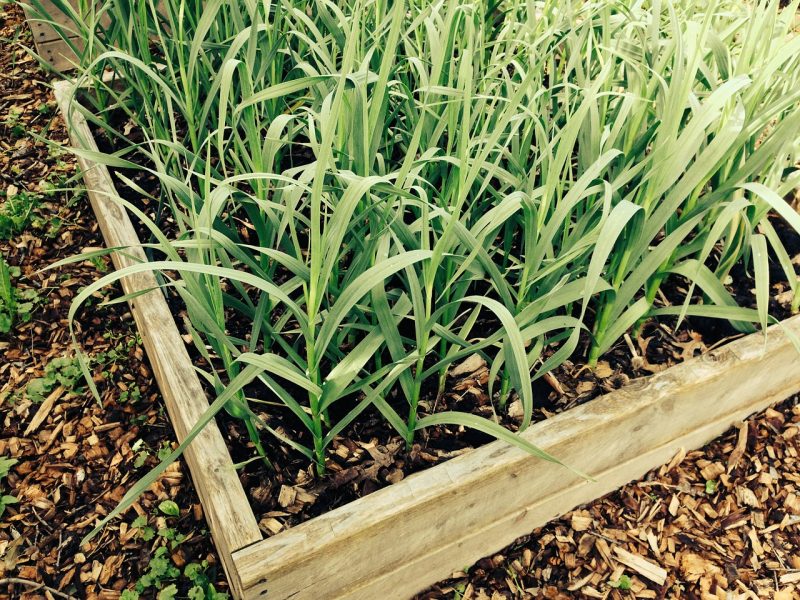
Take care of the soil
Your garden will flourish only in a quality soil that is rich in nutrients and properly watered. Compost will provide all the needed nutrients along with bacteria, fungi, and worms that will keep the soil fertile. Don’t be lazy and learn how to make compost yourself, since it’s not much of a trouble and benefits are huge. As for the watering the ground, ease the job for yourself and go for some handy gardening tool such as oscillating sprinklers. Not only does it properly waters the soil, but it is fully water efficient.
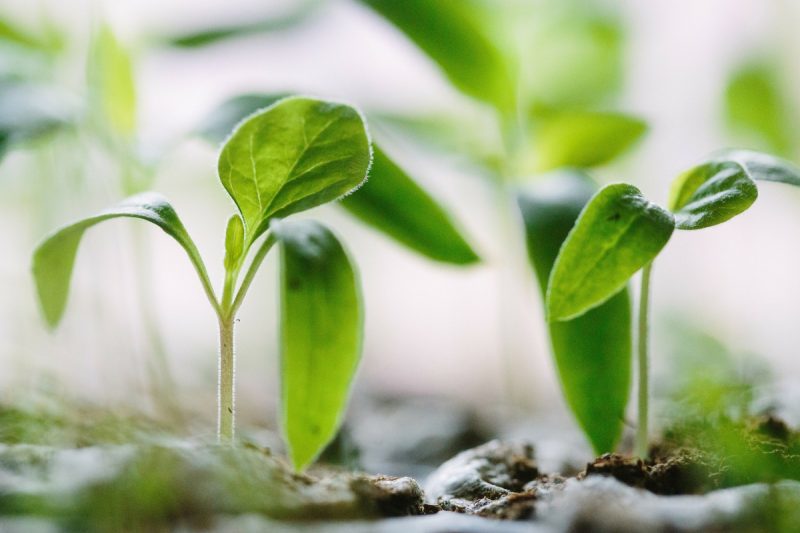
Mulch
Mulching the plants is the most useful practice because it creates a protective layer around the plant. Mulch will moderates temperature, maintain the moisture around the plant and will improve soil aeration. Also, mulching can inhibit various plant diseases, so make sure to establish the practice of mulching. Even though a useful practice, it can have reversed effect if not done properly. Do your homework and learn how to mulch your plants.
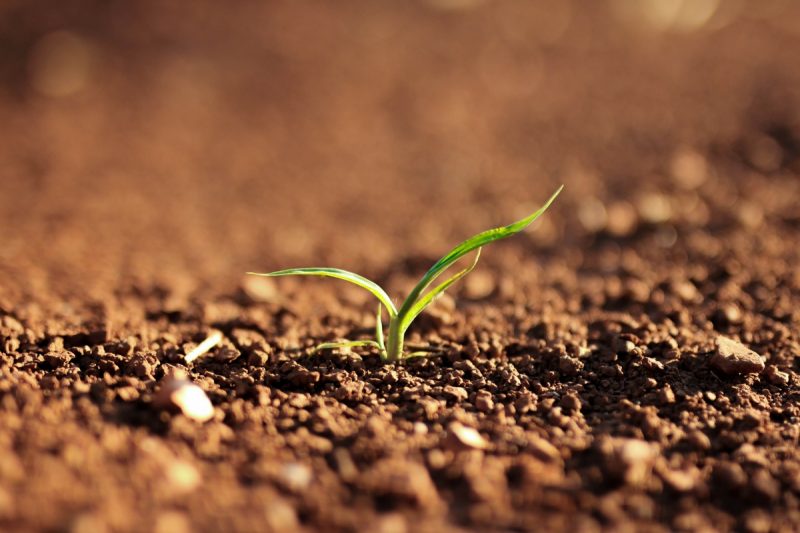
Share
Though it doesn’t have much to do with gardening itself, sharing your harvest with others will benefit you in many ways. Not only that will put a smile on their faces, but you may stumble upon other gardeners willing to give you something in return. Whether a seeds, seedlings, produce or a just a good tip, by sharing you will make your garden inexhaustible source of nature’s goods. Nature and good willing people go hand in hand, yet somehow it always seems to pay off in the end.
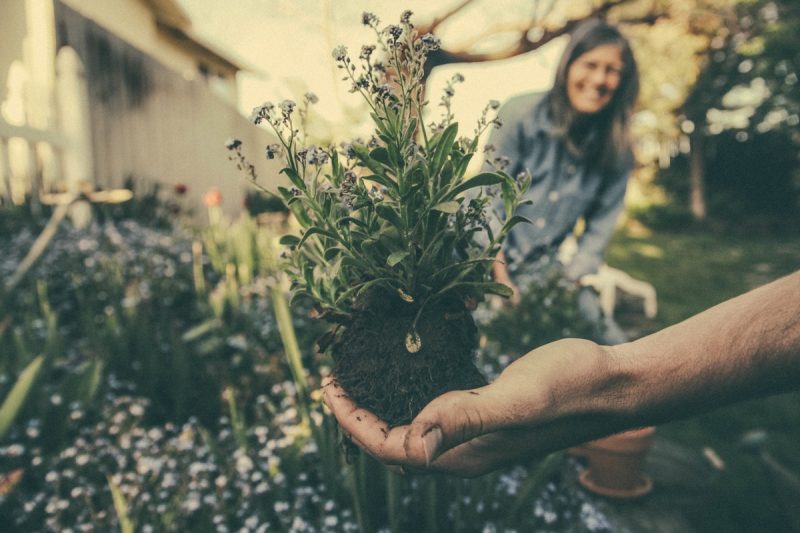
Establishing a new habit can be daunting, but if you are to change your daily routine for something that you love, it can only become joyous everyday exercise. Wishes for a productive piece of ground can turn into a simple maintenance of an abundant garden, with just a little knowledge and devotion. It is all easily achievable with the right tips and habits. Not to mention that nature rewards any useful effort and what is even better, after a while it will not seem like an effort at all. As a matter of fact, a visit to the garden will become the best part of the day where you’ll get to do what inspires you the most.

